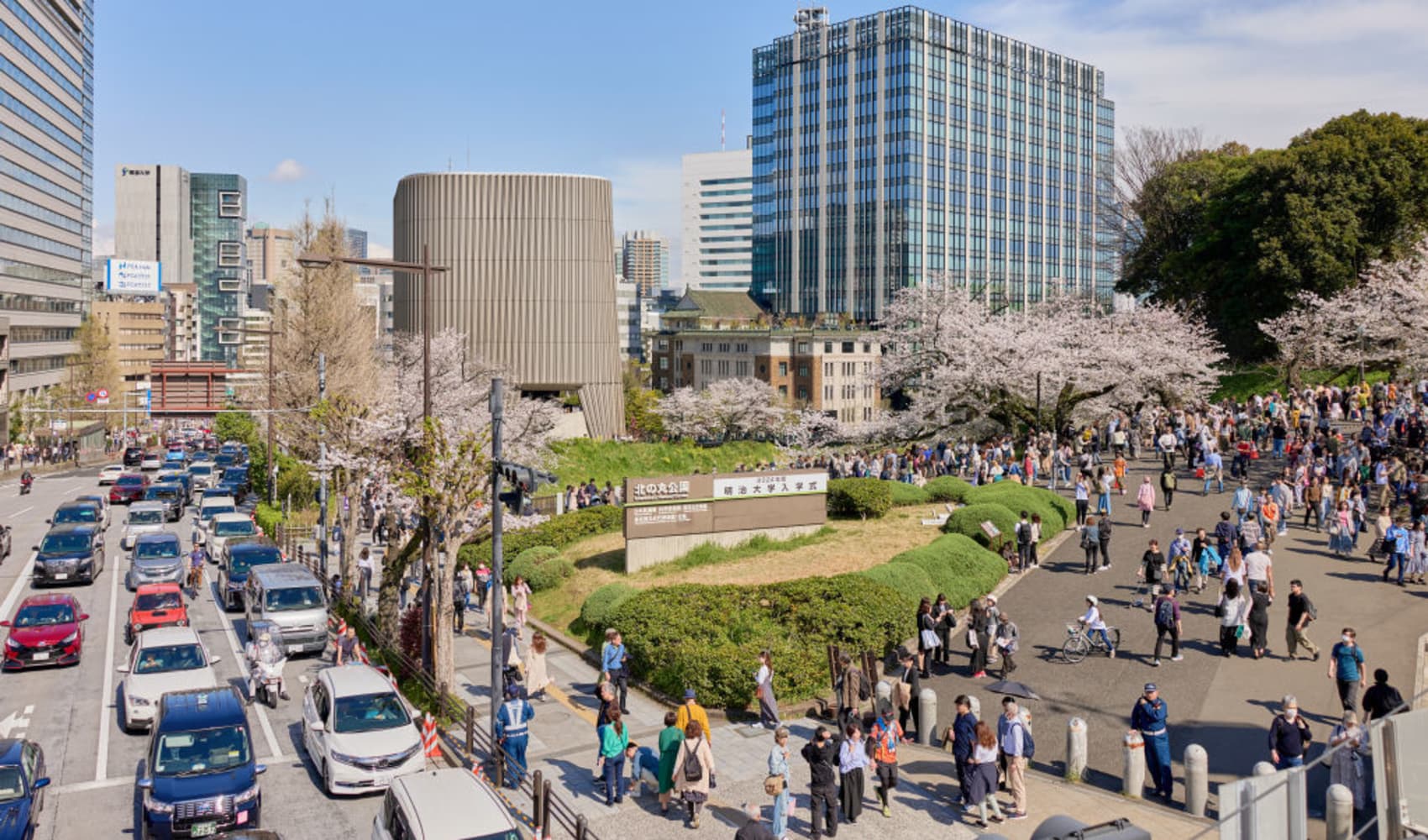- Federal vehicle safety regulators have launched a formal investigation into Tesla's Autopilot system following a series of fatal crashes that have left at least 17 people injured and 1 dead.
- Since 2018, the National Highway Traffic Safety Administration said it had identified 11 crashes where Tesla vehicles have "encountered first responder scenes and subsequently struck one or more vehicles."
- It covers an estimated 765,000 vehicles across models built between 2014 and 2021.
Federal vehicle safety regulators have launched a formal investigation into Tesla's Autopilot system following a series of crashes that have left at least 17 people injured and one dead, according to documents filed by the National Highway Traffic Safety Administration.
Autopilot is Tesla's limited self-driving feature that still requires a human to operate. Since January 2018, the NHTSA said it had identified 11 crashes where Tesla vehicles have "encountered first responder scenes and subsequently struck one or more vehicles." The report, which was posted Monday, covers an estimated 765,000 Tesla vehicles across models built between 2014 and 2021.
Feeling out of the loop? We'll catch you up on the Chicago news you need to know. Sign up for the weekly Chicago Catch-Up newsletter here.
Tesla shares closed down 4.32% on Monday following the NHTSA announcement.
The formal investigation comes just months after the NHTSA and National Transportation Safety Board said they were looking into the company following a crash in Texas. In recent months there have been several probes into Tesla's Autopilot, including an investigation in March after a Model Y using the system reportedly struck a stationary police car.
Money Report
"Most incidents took place after dark and the crash scenes encountered included scene control measures such as first responder vehicle lights, flares, an illuminated arrow board, and road cones," the document reads. "The involved subject vehicles were all confirmed to have been engaged in either Autopilot or Traffic Aware Cruise Control during the approach to the crashes."
When engaged, Tesla's Autopilot system allows drivers to maintain speed and lane centering but does not make the vehicle safe to operate without a driver behind the wheel. Drivers are still responsible for identifying roadway obstacles and maneuvers from nearby vehicles.






